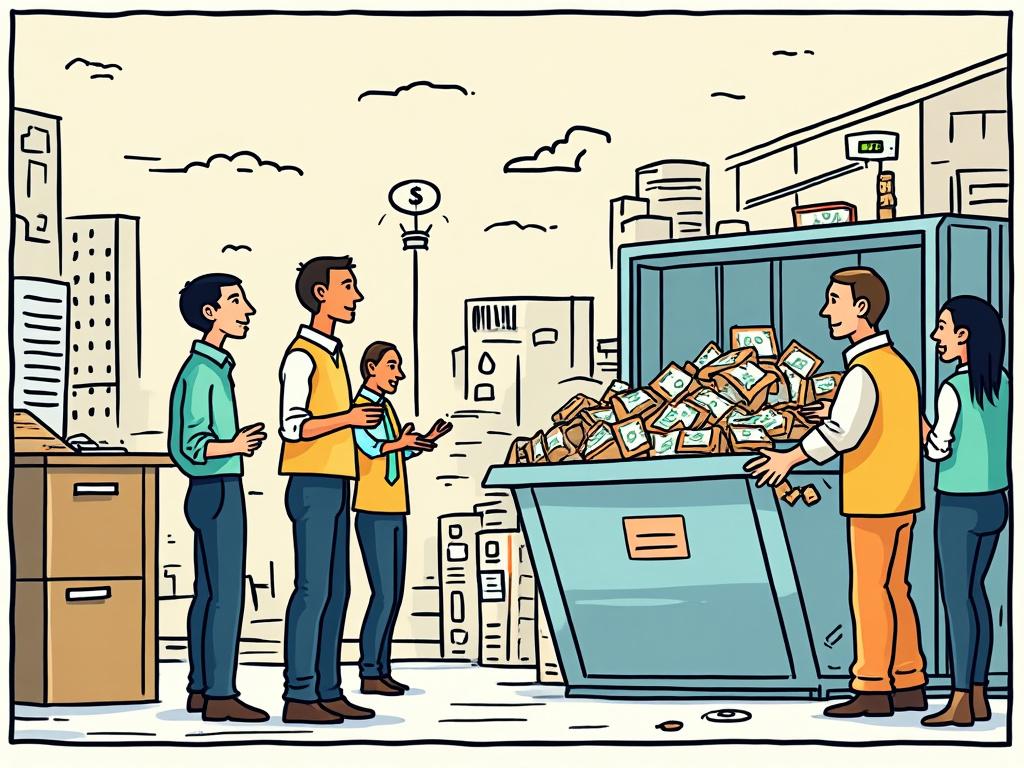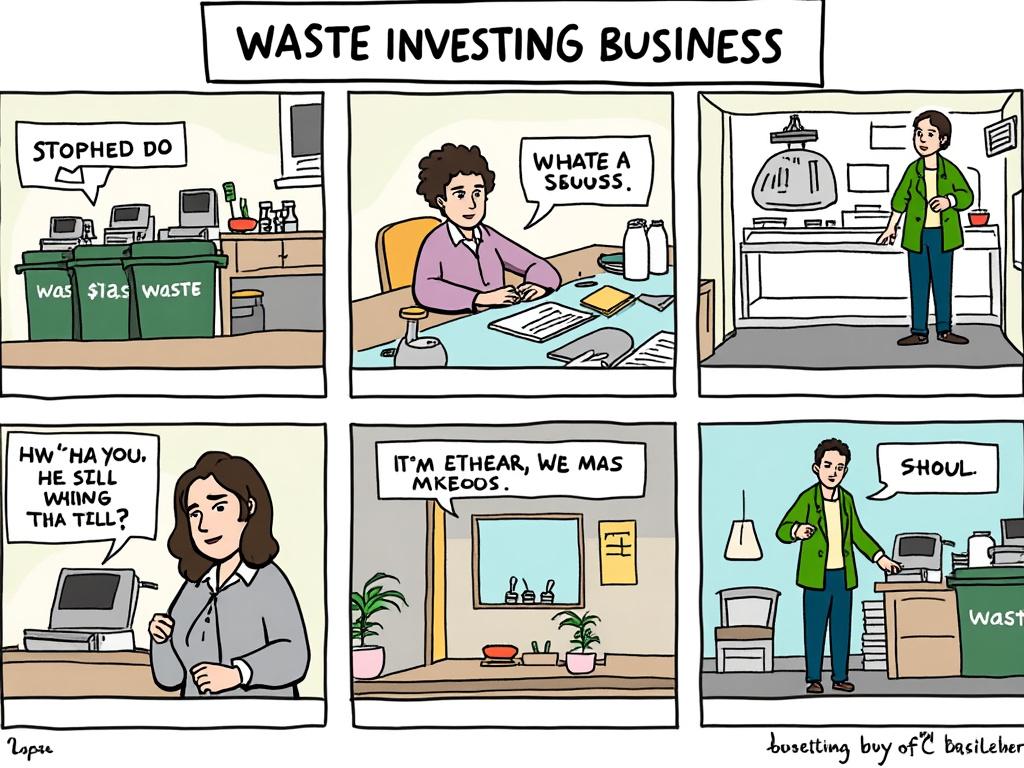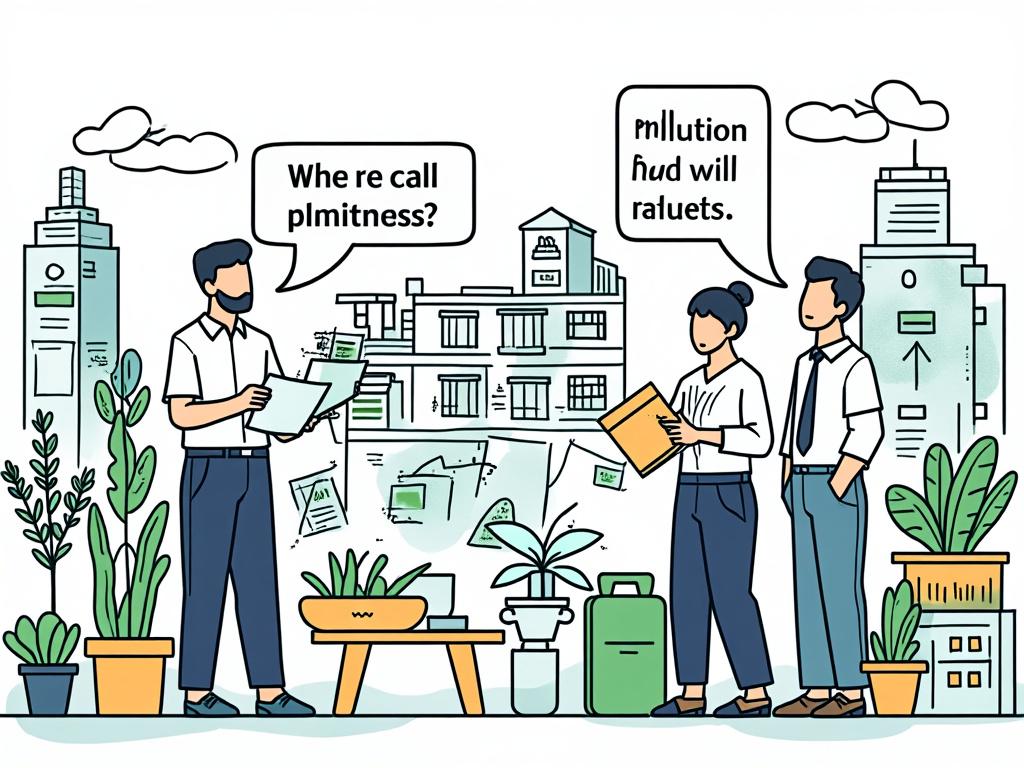
Opportunities in Greek Waste Management and Recycling for 2025
Reading time: 12 minutes
Ever wondered how Greece’s transformation from waste management laggard to circular economy pioneer could create unprecedented business opportunities? You’re about to discover exactly how 2025 shapes up as the perfect storm for waste management entrepreneurs and investors.
Table of Contents
- Current Market Landscape
- Regulatory Framework and EU Compliance
- Key Investment Opportunities
- Regional Market Analysis
- Challenges and Strategic Solutions
- Technology and Innovation Trends
- Market Projections and Financial Outlook
- Your Strategic Implementation Roadmap
- Frequently Asked Questions
Current Market Landscape: Greece’s Waste Management Revolution
Greece’s waste management sector stands at a pivotal transformation point. With only 22% recycling rates compared to the EU average of 48%, the country presents a massive untapped market worth an estimated €2.8 billion by 2025.
Here’s the reality check: Greece generates approximately 6.2 million tons of municipal waste annually, yet processes less than half effectively. This gap isn’t just an environmental challenge—it’s your competitive advantage waiting to be seized.
Market Performance Indicators
Greek Waste Management Performance vs EU Targets (2024)
22%
50%
18%
82%
The numbers tell a compelling story. While other EU nations approach saturation in waste management infrastructure, Greece offers virgin territory with government backing and EU funding streams ready to accelerate development.
Regulatory Framework and EU Compliance
Greece’s regulatory landscape has undergone dramatic restructuring, creating what industry experts call “the most business-friendly waste management environment in decades.” The new National Waste Management Plan mandates 55% recycling by 2025 and 65% by 2030.
Key Legislative Drivers
Law 4819/2021 revolutionizes waste management by introducing Extended Producer Responsibility (EPR) schemes across all major waste streams. This creates immediate revenue opportunities for collection, sorting, and processing facilities.
Quick Scenario: Imagine establishing a plastic recycling facility in Thessaloniki. Under current regulations, you’d automatically qualify for:
- 40% capital expenditure subsidies through EU Cohesion Funds
- Guaranteed feedstock through municipal contracts
- Tax incentives for environmental compliance exceeding minimum standards
| Regulation | Impact | Business Opportunity | Timeline |
|---|---|---|---|
| WEEE Directive | Electronics recycling mandatory | Specialized e-waste facilities | Q2 2025 |
| Packaging Law | Producer responsibility schemes | Collection network expansion | Active now |
| Circular Economy Action | Landfill restrictions | Alternative treatment technologies | 2025-2027 |
| Green Taxation | Landfill levy increases | Recycling becomes cost-competitive | Annual increases |
Key Investment Opportunities
Well, here’s the straight talk: The most lucrative opportunities aren’t in competing with existing players—they’re in filling the massive infrastructure gaps that regulations now demand to be filled.
High-Priority Investment Sectors
1. Organic Waste Processing
Greece currently composts only 18% of organic waste, creating an immediate market for anaerobic digestion facilities. Conservative projections indicate €420 million in annual revenue potential from organic waste processing by 2027.
Case Study: BIOENERGY Hellas established Greece’s first commercial-scale anaerobic digestion plant in Volos, processing 30,000 tons annually. Within 18 months, they achieved profitability and secured expansion funding for three additional facilities.
2. Construction and Demolition Waste
With Greece’s construction sector rebounding and property in peloponnese driving significant development, C&D waste recycling presents untapped potential. Current processing capacity handles only 35% of generated material.
3. Advanced Sorting Technologies
Material Recovery Facilities (MRFs) equipped with AI-powered sorting systems command premium gate fees. Early adopters report 60% higher profit margins compared to conventional facilities.
Regional Hotspots
Attica Region: Generates 40% of national waste but processes only 15% locally. Infrastructure investment opportunities exceed €1.2 billion.
Central Macedonia: Industrial waste streams from Thessaloniki create specialized recycling opportunities, particularly in metals and chemical recovery.
Peloponnese: Tourism-driven seasonal waste patterns offer innovative collection and processing solutions, especially given the growing interest in sustainable tourism and property in peloponnese for eco-conscious investors.
Regional Market Analysis
Greece’s diverse regional economies create distinct waste management opportunities. Understanding these nuances separates successful investors from those who struggle with generic approaches.
Island Communities: Unique Challenges, Premium Solutions
Greek islands generate premium waste management contracts due to logistics complexity and environmental sensitivity. Mykonos, for example, pays €180 per ton for waste collection—triple the mainland average.
Smart entrepreneurs are developing island-specific solutions:
- Mobile processing units that eliminate transport costs
- Seasonal capacity scaling matching tourist influxes
- Marine waste recovery programs with EU Blue Economy funding
Challenges and Strategic Solutions
Let’s address the elephant in the room: Greece’s waste management sector faces real challenges that have deterred investors for years. However, 2025’s regulatory and economic environment transforms these challenges into competitive moats for prepared entrepreneurs.
Challenge 1: Fragmented Municipal Systems
The Problem: Greece’s 332 municipalities operate independent waste systems, creating inefficiencies and inconsistent service quality.
Your Strategic Solution: Position as a regional consolidator. Offer municipalities comprehensive service packages that reduce their administrative burden while achieving compliance. Early movers secure multi-year exclusive contracts before competition intensifies.
Challenge 2: Limited Recycling Infrastructure
The Problem: Processing capacity lags far behind generation rates, forcing expensive exports or landfilling.
Your Strategic Solution: Focus on mobile and modular processing solutions. These require lower initial investment, faster deployment, and can relocate as markets develop. Several operators report 35% faster ROI compared to fixed facilities.
Technology and Innovation Trends
Greece’s waste management transformation coincides with revolutionary technologies that dramatically improve economics and environmental outcomes. Understanding which technologies align with Greek market conditions guides smart investment decisions.
AI-Powered Waste Sorting
Advanced optical sorting systems using machine learning achieve 95% purity rates compared to 60% for manual sorting. Greek operators implementing these systems report:
- Operating cost reductions of 40%
- Quality premiums for sorted materials
- Reduced labor dependency in tight employment markets
Case Study: Attiki Odos Recycling Center integrated AI sorting in 2023, increasing throughput by 65% while reducing contamination rates to under 3%. This performance attracted premium contracts with packaging producers seeking high-quality recycled content.
Internet of Things (IoT) Fleet Management
Smart collection systems optimize routes, predict maintenance needs, and provide real-time service verification. Greek municipalities increasingly require these capabilities in new contracts.
Market Projections and Financial Outlook
Conservative financial modeling indicates Greece’s waste management market will grow from €1.8 billion in 2024 to €3.2 billion by 2027. This growth stems from regulatory compliance requirements rather than discretionary spending, providing revenue stability.
Revenue Stream Analysis
Gate Fees: Municipal solid waste processing commands €65-95 per ton, with specialized streams reaching €150+ per ton.
Material Sales: High-quality recycled materials achieve 70-85% of virgin material prices, with organic compost commanding premium rates in agricultural markets.
Energy Generation: Waste-to-energy projects qualify for renewable energy incentives, creating dual revenue streams from waste processing and electricity sales.
Pro Tip: The right preparation isn’t just about avoiding problems—it’s about creating scalable, resilient business foundations that capitalize on Greece’s rapid regulatory evolution.
Your Strategic Implementation Roadmap
Ready to transform complexity into competitive advantage? Here’s your actionable pathway to Greek waste management success:
Phase 1: Market Entry Strategy (Months 1-6)
1. Conduct Regional Feasibility Analysis
Identify underserved municipalities through waste generation data and existing contract analysis. Focus on regions with upcoming contract renewals and compliance gaps.
2. Establish Local Partnerships
Greek waste management requires local knowledge and relationships. Partner with established logistics companies or environmental consultants who understand municipal procurement processes.
3. Secure Regulatory Compliance
Obtain necessary environmental permits and waste handling licenses. This process takes 4-6 months but creates barriers for competitors following behind.
Phase 2: Infrastructure Development (Months 6-18)
4. Deploy Pilot Operations
Start with mobile or temporary facilities to prove operations and build customer relationships before major capital commitments.
5. Technology Integration
Implement IoT monitoring and data analytics from day one. These capabilities differentiate your services and command premium pricing.
Phase 3: Scale and Optimize (Months 18+)
6. Expand Geographic Coverage
Use proven operational models to bid on larger municipal contracts and specialized industrial waste streams.
7. Vertical Integration Opportunities
Develop downstream processing capabilities for high-value materials like rare earth elements from e-waste or biogas from organic processing.
The convergence of regulatory pressure, EU funding availability, and technological advancement creates a unique window for waste management entrepreneurs in Greece. Success requires understanding that this isn’t just about waste—it’s about positioning in Europe’s circular economy transformation.
Are you ready to turn Greece’s waste management challenges into your competitive advantage, or will you watch from the sidelines as others capture this emerging market?
Frequently Asked Questions
What are the minimum capital requirements for entering Greek waste management?
Entry requirements vary significantly by sector. Collection services can start with €200,000-500,000 for vehicles and permits, while processing facilities typically require €2-5 million. However, EU co-funding can cover up to 85% of eligible costs for environmental projects, dramatically reducing actual capital needs. Mobile processing units offer lower-cost entry points with investment requirements of €800,000-1.5 million.
How long does it take to obtain necessary permits and licenses?
Environmental permits for waste operations typically require 6-12 months, depending on facility complexity and local environmental sensitivity. Municipal contract qualification processes add another 3-6 months. However, streamlined procedures introduced in 2024 allow temporary operations permits for proven operators, enabling revenue generation during full permit processing. Early application submission is crucial for meeting seasonal contract start dates.
What are the most profitable waste streams in the Greek market?
Electronic waste (WEEE) offers the highest margins, with processing fees of €150-300 per ton plus valuable material recovery. Construction and demolition waste provides steady volume with good margins (€45-65 per ton processing fees). Organic waste processing, while lower per-ton margins, offers the largest volume opportunity with strong government support for anaerobic digestion projects. Hazardous industrial waste commands premium pricing but requires specialized permits and handling capabilities.

Article reviewed by Adrian Sokolov, Post-Soviet Industrial Assets | Revitalizing Manufacturing Zones, on June 6, 2025





